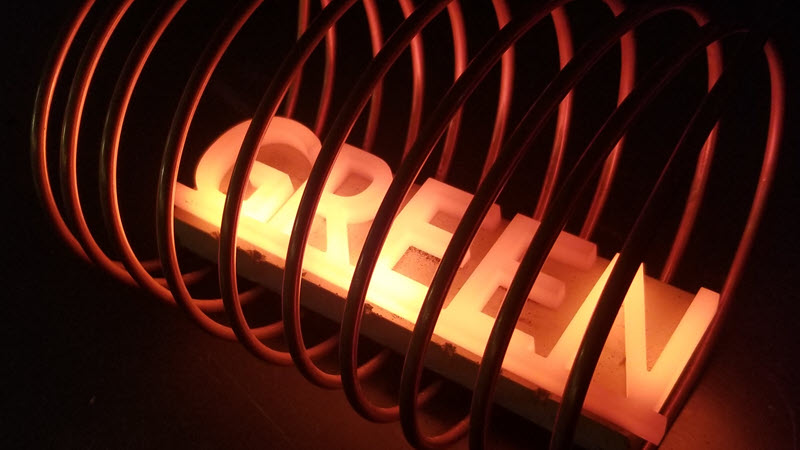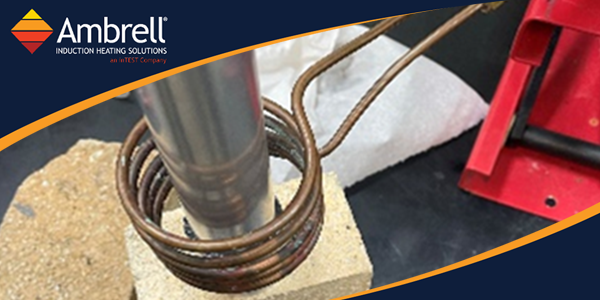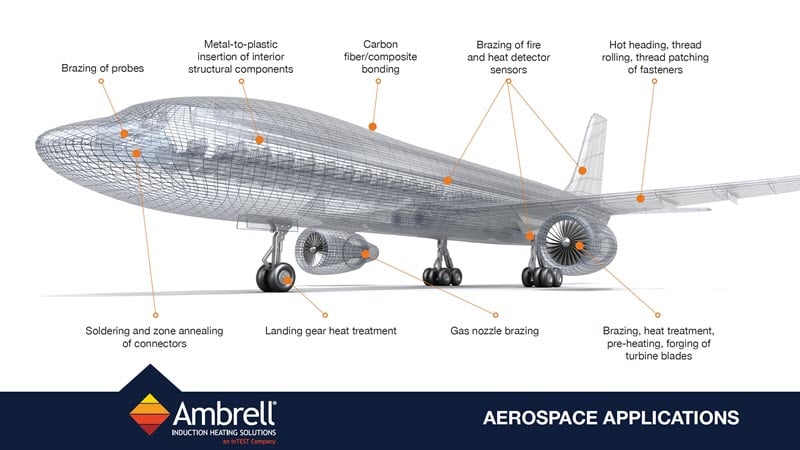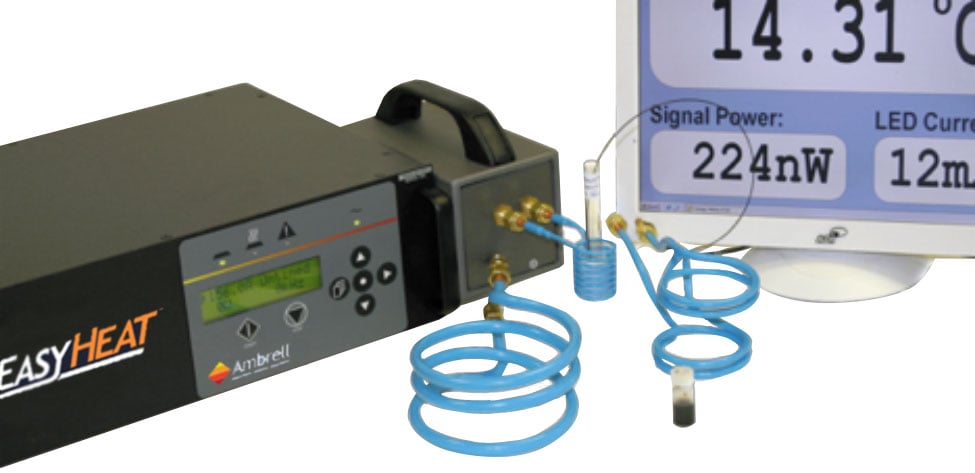Induction Brazing an Aluminum Assembly
Objective A company wanted to assess using induction heating for their aluminum assembly brazing process, and contacted THE LAB at Ambrell to utilize...
Processes
Processes: More
Processes: More

Industries:
Industries: More
Industries: More
Industries: More

Products:
Products: More
Services:
Services: More

Learn:
Learn: More
About:


It's Earth Day, so reviewing the many green benefits of induction heating seems prudent. While manufacturing processes are a significant contributor to global energy consumption and emissions, induction heating can play a role in reducing the impact. Here, we'll review several of the reasons how induction heating can help:
Induction heating is up to 90% efficient at putting energy into the work piece. It works by generating a magnetic field that directly heats the target object, eliminating wasted heat transfer that is seen in other methods like torch or furnace heating. This translates to a significant reduction in energy consumption, leading to lower energy bills and a smaller carbon footprint.
Induction heating eliminates the need for fossil fuels, a major source of air pollution in traditional manufacturing processes. Since it relies on electricity, it produces zero emissions, curbing the release of harmful greenhouse gases and other pollutants. This not only benefits the environment but also creates a cleaner and healthier work environment for employees.
Induction heating offers precise control over the heating process, minimizing heat loss and ensuring only the desired area reaches the target temperature. This targeted approach reduces energy waste and helps prevent material overheating or damage, ultimately leading to less material waste.
Induction heating systems have a longer lifespan compared to traditional heating methods. The contactless heating eliminates direct flame or contact with the object, resulting in less wear and tear on the equipment. This translates to fewer replacements, reducing overall environmental impact.
Induction heating contributes to a safer work environment. The absence of open flames and reduced heat radiation minimizes the risk of burns and accidents. Additionally, the system doesn't generate sparks, making it ideal for environments where flammable materials are present.
The benefits of induction heating extend beyond environmental advantages. The faster and more precise heating it offers improves production speed and consistency, leading to increased efficiency and reduced production times. While the green benefits are significant, the reasons for switching to induction extend to productivity gains and quality improvements.
In conclusion, induction heating represents a significant step forward in sustainable manufacturing practices. By leveraging this technology, manufacturers can significantly reduce their environmental impact while reaping the rewards of improved efficiency, safety, and overall quality. As we strive to reduce emissions in manufacturing processes, induction heating can play a significant role. To learn more, visit the section on our website that covers why induction heating is a green technology.

Objective A company wanted to assess using induction heating for their aluminum assembly brazing process, and contacted THE LAB at Ambrell to utilize...

Induction heating is a process that uses electromagnetic fields to heat electrically conductive materials. It has been used in numerous industries...

Induction heating, a process that uses electromagnetic induction to heat electrically conductive materials, is often thought of for large industrial...